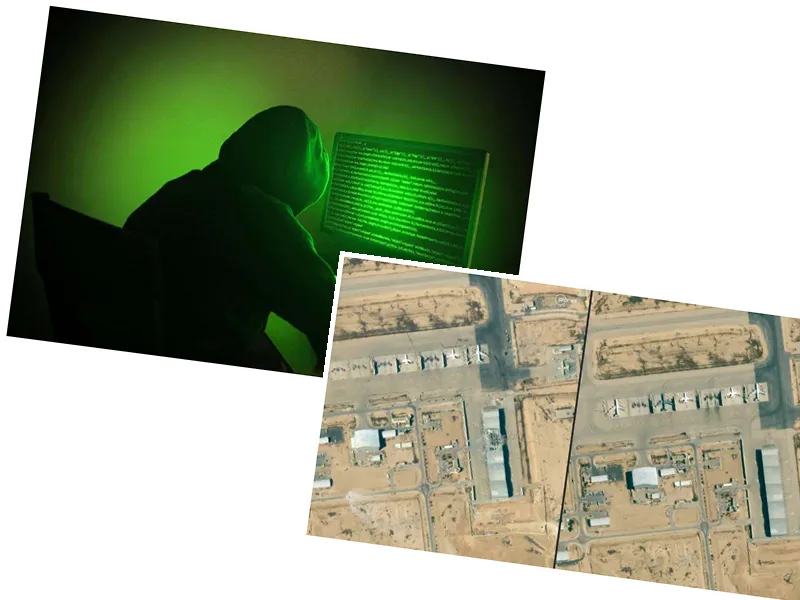Iranian Cyber and Missile Attacks Target Israel: A Dual Threat
In recent weeks, Israel has faced a dual threat from Iran, marked by an intensified missile attack and a surge in cyber attacks. On October 1, Iran launched approximately 200 ballistic missiles aimed at Israeli military bases, with satellite images confirming damage to several sites, including the Nevatim air base. While the Israeli military reported that most missiles were intercepted, some managed to penetrate defenses, causing structural damage to office buildings and maintenance areas. Notably, Iranian media claimed significant destruction, including the total destruction of the Nevatim base, which Israel has denied, asserting that operations remain fully functional.
Simultaneously, the cyber front escalated, with Iranian hackers targeting Israeli websites, including the financial site FUNDER. The site was taken offline after an attack that displayed a threatening message in broken Hebrew alongside an image of Hassan Nasrallah, leader of Hezbollah. Udi Aloni, the editor of FUNDER, described the attack as a digital missile strike, emphasizing the need for heightened cybersecurity awareness among Israeli businesses. He warned that many website owners underestimate the risk of cyber threats, believing that basic protective measures are sufficient.
The hacker group Bnei Ishmael claimed responsibility for the FUNDER attack, highlighting the group's intent to instill fear rather than seek financial gain. In contrast, another Iranian cyber attack targeted the international law firm Pearl Cohen, which appeared to be motivated by ransom demands. The firm quickly activated a response team to mitigate the breach, showcasing the varying nature of Iranian cyber activities.
As Israel grapples with these challenges, the National Cyber System has acknowledged the threats posed by Iranian cyber operations. However, experts warn that reliance on governmental support may not suffice in real-time crisis situations. The incidents underscore the importance of comprehensive cybersecurity measures and the necessity for businesses to be vigilant against evolving threats from state-sponsored cyber actors.





